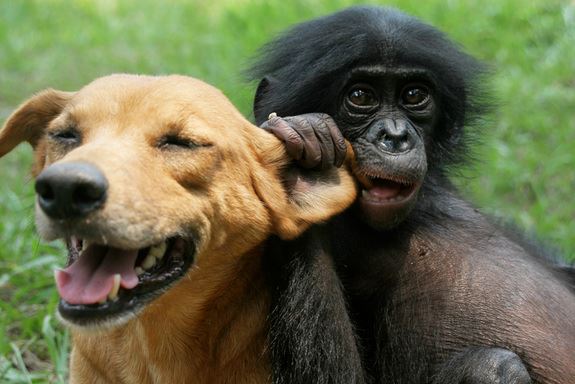The blond-headed boy is 4-years old and in pre-school. The adult tells him that the yummy delicious marshmallow in front of him is his to eat now or later. If he waits in the chair until she comes back to eat it, he’ll get rewarded with a second marshmallow. The young boy squirms in his chair, fights the urge to sink his teeth into the gooey sugary treat in front of him, and waits the interminable 10 minutes. The adult who is a child psychologist rewards him with the second marshmallow, and he immediately stuffs both marshmallows into his grinning mouth.
What does this child’s impulse control say about him? Science shows that self-control is a key indicator of personal and professional success. Those with self-control, like this boy, most likely will have higher self-esteem, better relationships and interpersonal skills, and more optimal emotional responses as adults. Professor Walter Mischel, the researcher who began the marshmallow test in the 1960’s, explains in an interview he did with the New Yorker that intelligence is at the mercy of self-control. You may have the smarts but if you don’t do the work, you won’t succeed.
Self-control is not only mightily important to the success of humans, but also other animals. Think about our beloved dogs. Dogs who have self-control, for example, are able to go on to become service or therapy dogs, while dogs that cannot resist the urge to chase squirrels, for example, might end up lost in a shelter away from home. Recently, a groundbreaking study on self-control was published that compared many different species’ ability to impulse control.
The Study
Scientists have been eager to discover how and why cognition evolves. Different hypotheses have been proposed, including brain size as well as diet and social group complexity.
Through collaborative efforts from 58 scientists from 25 institutions led by Duke researchers Evan Maclean, Charlie Nunn, and Dognition’s own Brian Hare the cognitive skill of self-control was assessed in 36 species, from Mongolian gerbils to elephants. Two tasks were administered: the A not B task, used in the Dognition membership games, as well as the cylinder task. Watch this video to see which animals have self-control:
The Findings
The results showed that there is an evolutionary relationship between absolute brain size (how big a brain is) and self-control. This is a revolutionary finding because animal psychologists have long thought relative brain size (how big a brain is in proportion to the animal’s body size) was the metric that mattered–after all, crows can solve complex problems and remember individual human faces for over 2 years–and their brains are small! With the findings of this self-control study, cognition scientists will now have to reconsider where absolute brain size matters, as before this value was mostly ignored. Questions emerge, like what other cognitive abilities correlate with absolute brain size? Do animals with bigger absolute brains have better grasp of physics? What about reasoning abilities?
The researchers also looked specifically at primates and their self-control. Researchers thought that a more complex social group would correlate with self-control, but surprisingly it did not! Instead, a correlation appeared between variety in the primates’ diets and self-control. Turns out that having to remember all the food you eat in time and space takes a lot of brain power! Primates with a bigger breadth in diet might have better inhibition because they need to make more decisions–they need to stop and think before they eat, compared to those animals who eat the same or similar foods day after day.
Very surprising and unexpected results in this self-control study! Read more here.
If you’re interested to see if your dog could make it as a service or therapy dog, Dognition offers the A not B task in our lineup of subscription games.



